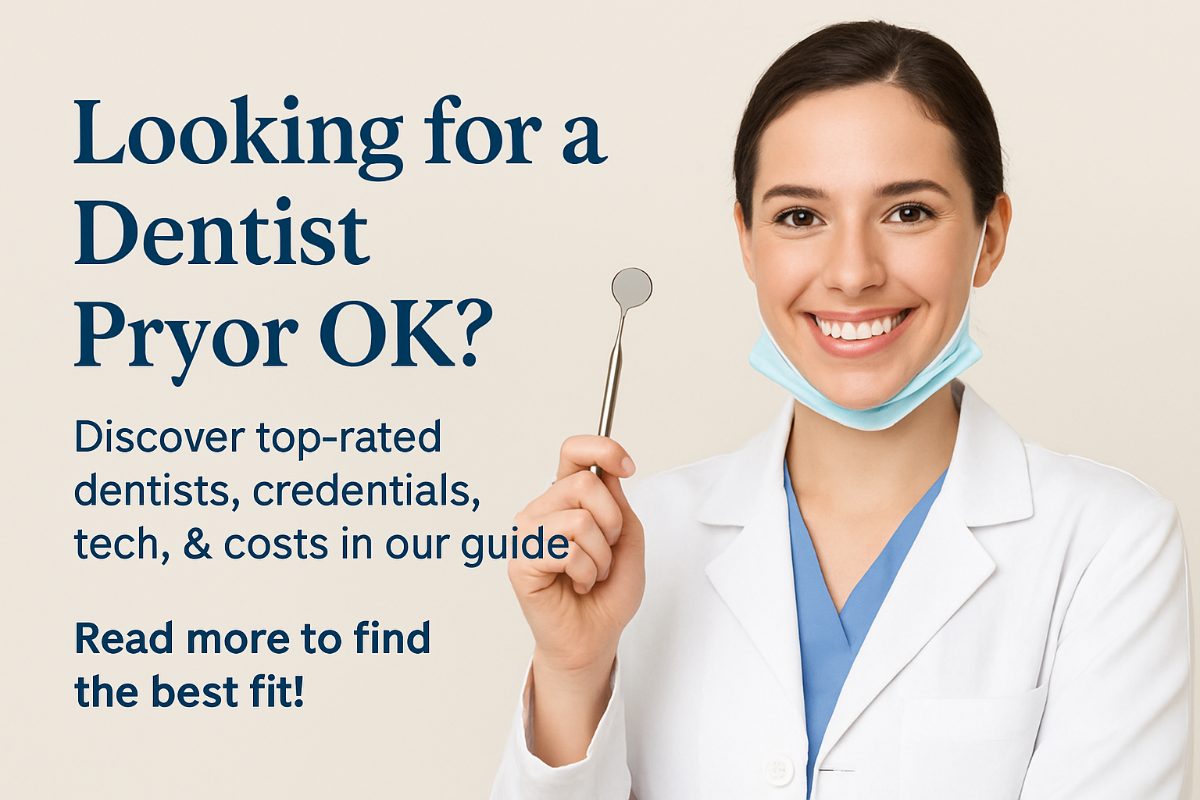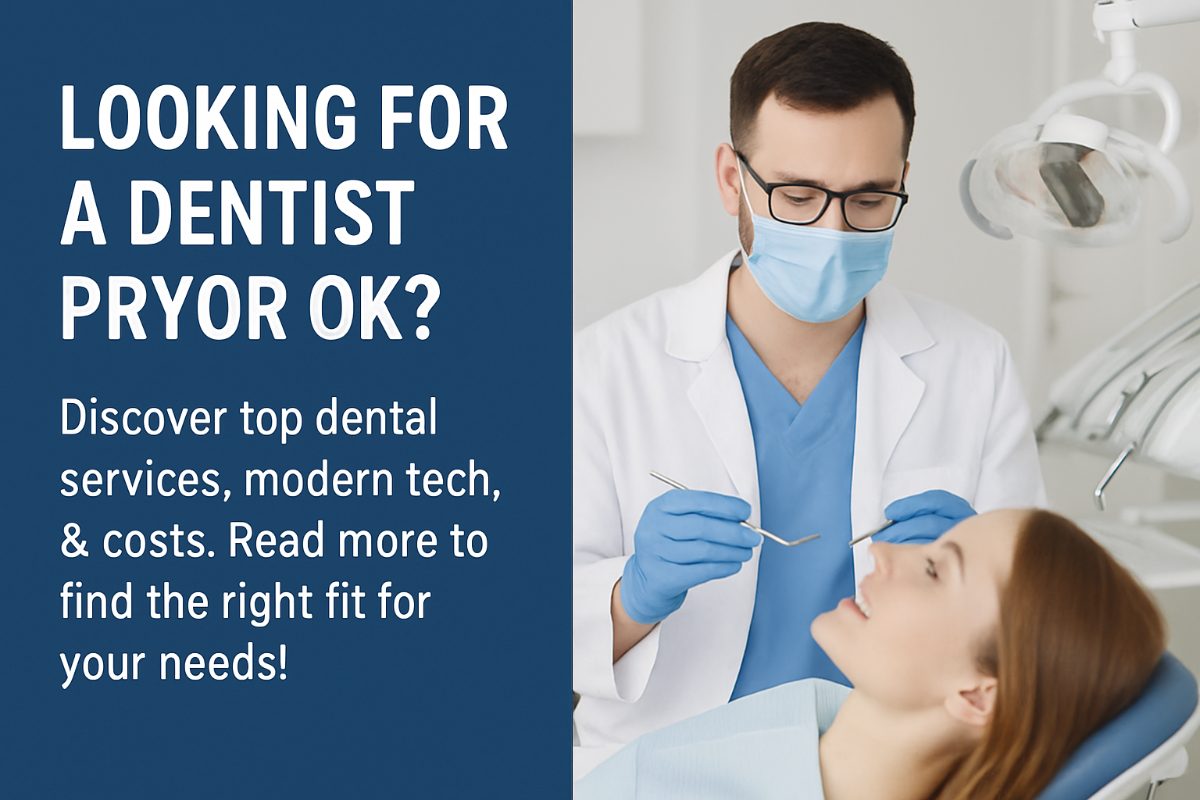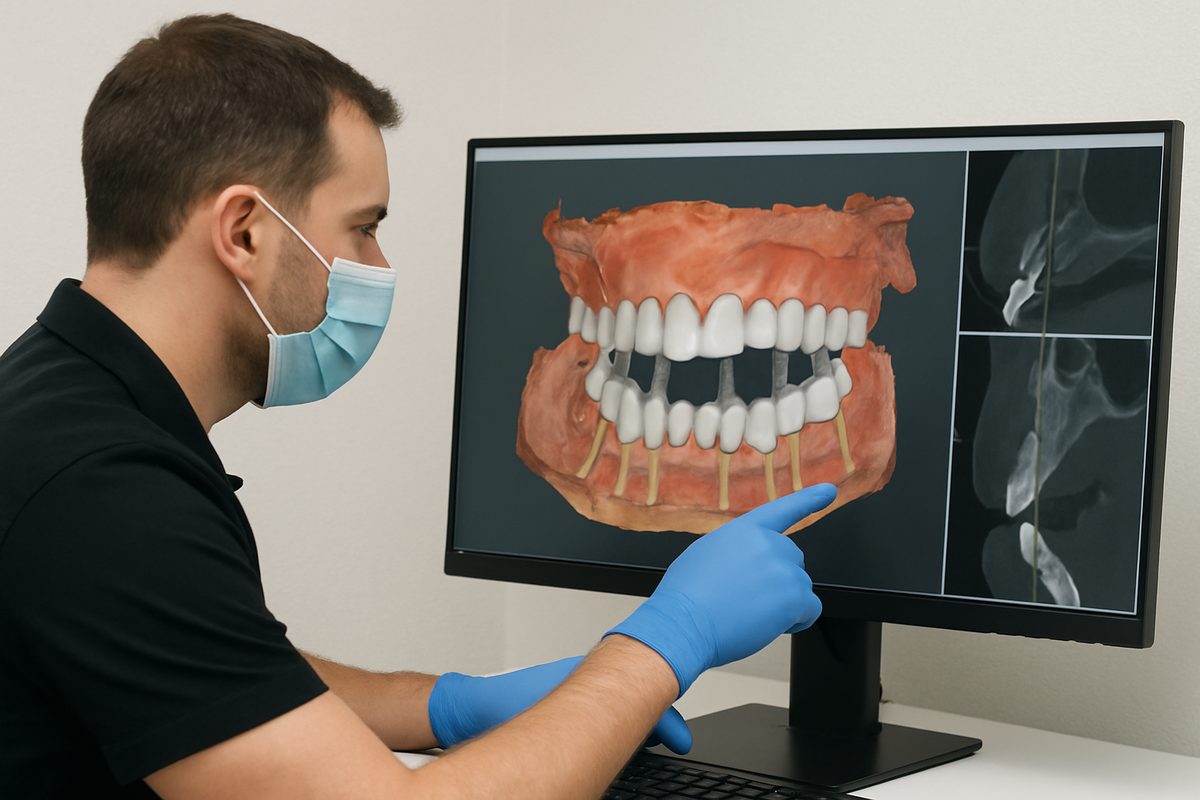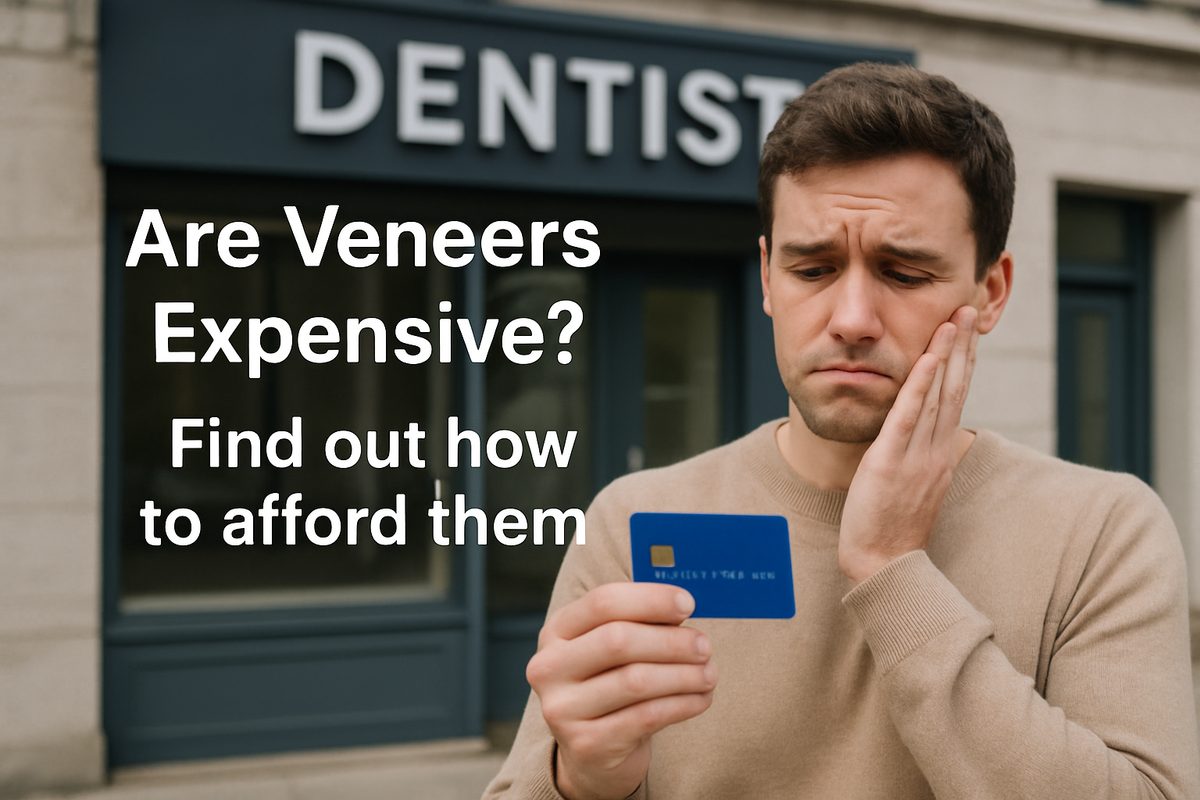Blog - [City], [state]
Tips, Facts, And The
Latest In Dentistry

Is “DDD Dentistry” Right For You? Expert Dentist Insights
Posted in Dental Implants
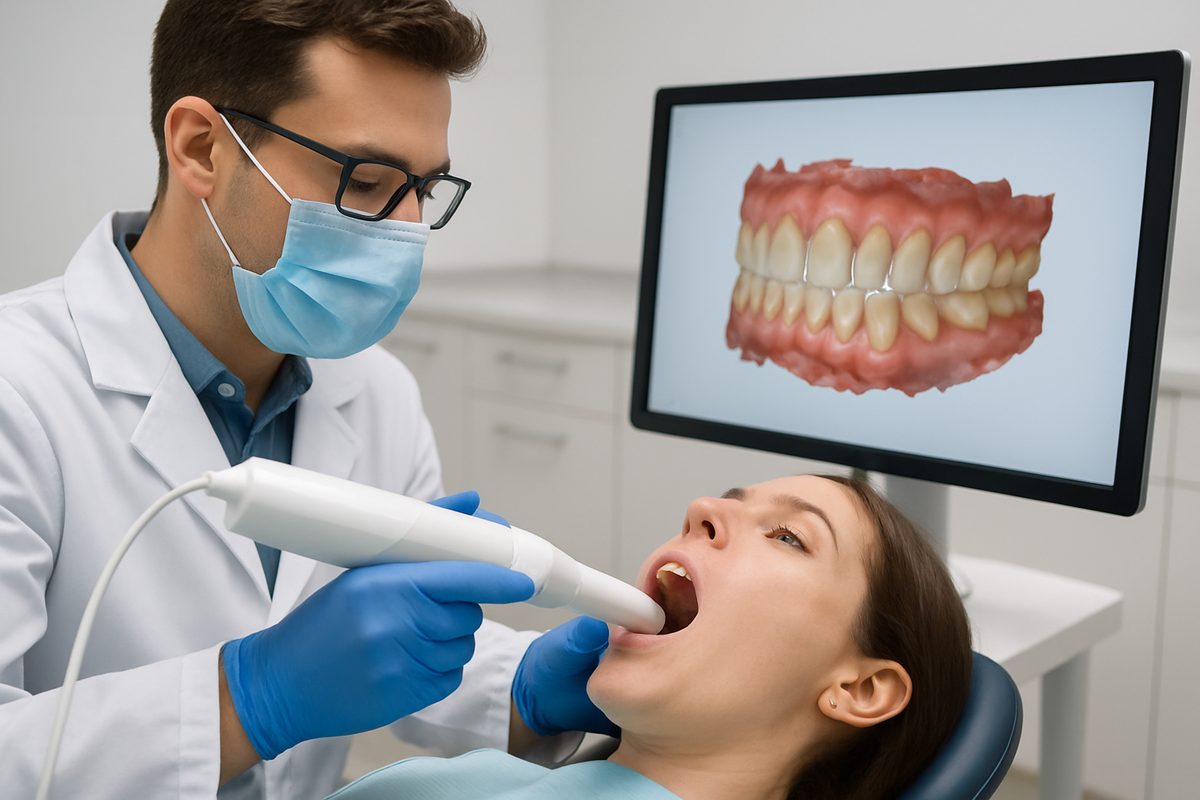
Intro: If you’ve heard the term “ddd dentistry” and aren’t sure what it means, this guide gives clear, expert answers. Read on to learn practical signs that this approach might fit your needs, the benefits and risks, and the questions to bring to a dentist so you can decide with confidence.
What Is “ddd dentistry”?
“ddd dentistry” is a shorthand some dentists use for a digitally driven, diagnostics-focused, and design-centered approach to dental care. It blends advanced imaging, digital planning, and modern restorative or cosmetic procedures. Typical services covered under “ddd dentistry” include digital exams (CBCT, digital x-rays), computer-guided implants, digital smile design, and full-mouth restorative plans. Think of it as dentistry that uses tech to plan precise, predictable results.
How “ddd dentistry” Works: A Step-by-Step Overview
Initial exam and diagnosis
Expect a thorough exam with digital x-rays and often a CBCT 3D scan. Dentists use intraoral cameras and photos to document your teeth and bite. The goal is a clear diagnosis and a complete view of bone, roots, and surrounding tissues.
Treatment planning
Dentists create a digital treatment plan that shows proposed work, timelines, and alternatives. Plans can be staged—stabilize health first, then restore function and appearance. Digital tools let you see simulations of likely outcomes before treatment begins.
Typical procedures and recovery
Common procedures include implant placement (often guided), crowns, bridges, veneers, and full-arch restorations. Recovery varies: simple restorations have short recoveries (days), while implants or full-mouth work can take weeks to months with staged healing and follow-up visits.
Benefits of Choosing “ddd dentistry”
– More predictable results through 3D planning and guided surgery. – Better patient education with visual simulations of outcomes. – Often fewer surprises and fewer adjustment visits. – Improved function and aesthetics when done carefully. – Faster decision-making and clearer timelines for complex cases.
Potential Risks and Drawbacks
– Higher upfront costs due to advanced imaging and lab work. – More visits for multi-stage treatments. – Not all practices use the same level of skill—technology can’t replace experience. – Some complications (infection, implant failure) still possible even with planning. – Alternatives like conservative restorations may suit some patients better.
Who Is an Ideal Candidate for “ddd dentistry”?
Good candidates include people with multiple missing teeth, severe wear, failing restorations, or complex cosmetic goals. Red flags: active gum disease, uncontrolled medical conditions (e.g., uncontrolled diabetes), or poor bone volume without willingness to consider grafting.
Key Questions to Ask Your Dentist About “ddd dentistry”
– What experience do you have with this approach? – Will you use CBCT or other 3D imaging? – Can I see before/after photos of similar cases? – What are my alternatives and their costs? – What is the full timeline and maintenance plan?
Expert Dentist Insights: When to Seek a Second Opinion
Ask for a second opinion if recommendations feel overly aggressive, pricing is unclear, or key diagnostics (like CBCT scans) were not used. A second opinion helps confirm the plan and builds confidence.
How Dental Arts of Oklahoma Approaches “ddd dentistry”
Dental Arts of Oklahoma offers “ddd dentistry in Tulsa, OK” with modern tools like CBCT, digital x-rays, intraoral cameras, and digital smile design. Dr. Soren Michaelsen leads a team focused on precision, patient education, and comfort. They use technology to plan predictable outcomes and explain options clearly.
Next Steps: Deciding If “ddd dentistry” Is Right For You
Gather your records, prepare the questions above, and schedule a consultation. Consider a second opinion if you’re unsure. To learn more or book an evaluation for “ddd dentistry in Tulsa, OK,” contact a qualified dentist who uses modern diagnostics and clear care plans.
